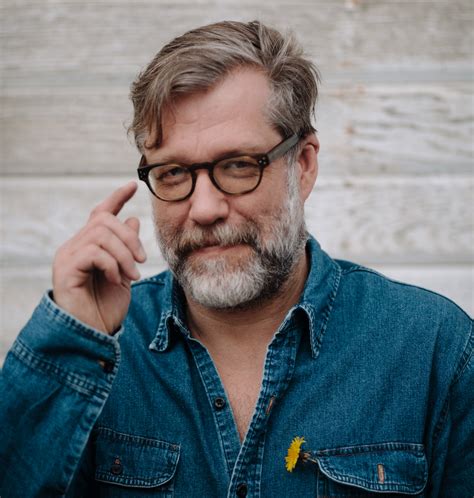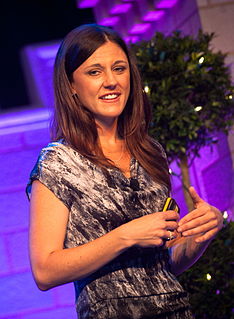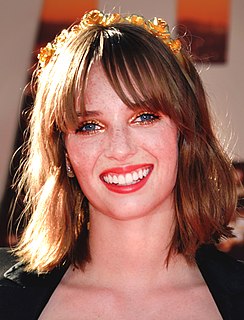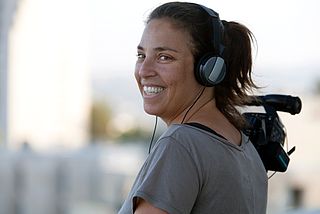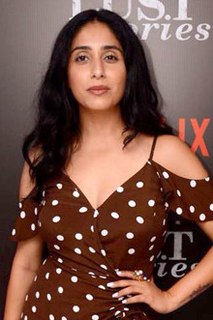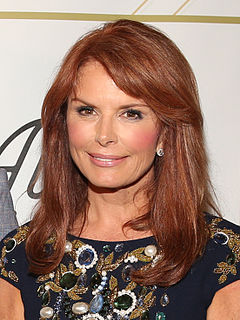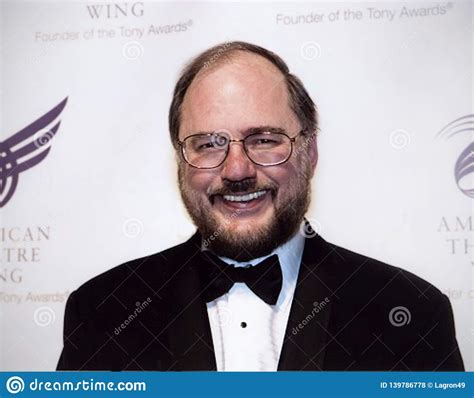A Quote by Chloe Grace Moretz
I can't stand [female] characters that are not empowered in a certain way, or at least don't come to a conclusion at the end of the movie where they find empowerment in themselves.
Quote Topics
Related Quotes
My whole theory about why I couldn’t find any creators who realized they were leaving out female characters is because they were raised on the same ratio. I just heard someone the other day call it either ‘smurfing’ a movie, which is when there’s one female character, or ‘minioning’ a movie, which is when there’s no female characters.
Empowerment is a thing that you earn over time - as you overcome obstacles, learn, and accomplish things, you become empowered. Empowerment is not a thing that you are born with and that the parent's job is to get out of the way of. Empowerment is a thing that you earn. And some of that is that you become empowered by knowing that you were disempowered or by knowing that there were tremendous limits on what you were able to do, as a young person.
I'm drawn to female characters, not all of them are strong characters. I think I'm drawn to female characters partly because they don't have as easy or as obvious a relationship to power in society, and so they suffer under social constraints or have to maneuver within them in ways men sometimes don't, or are unconscious about, or have certain liberties that are invisible to them.
I'm not a big fan of violent movies, it's not something I like to watch. And it's not my aim or goal to make a violent movie. My characters are very important, so when I'm trying to depict a certain character in my movie, if my character is violent, it will be expressed that way in the film. You cannot really deny what a character is about. To repeat, my movie end up becoming violent, but I don't start with the intent of making violent movies.
To me, feminism in literature deals with the female characters being in some way central to the thematic concerns of the book, or that they are agents of change to some degree. In other words, the lens is focused deeply and intensely on the female characters and doesn't waver, which allows for a glimpse into the rich inner lives of the characters.


